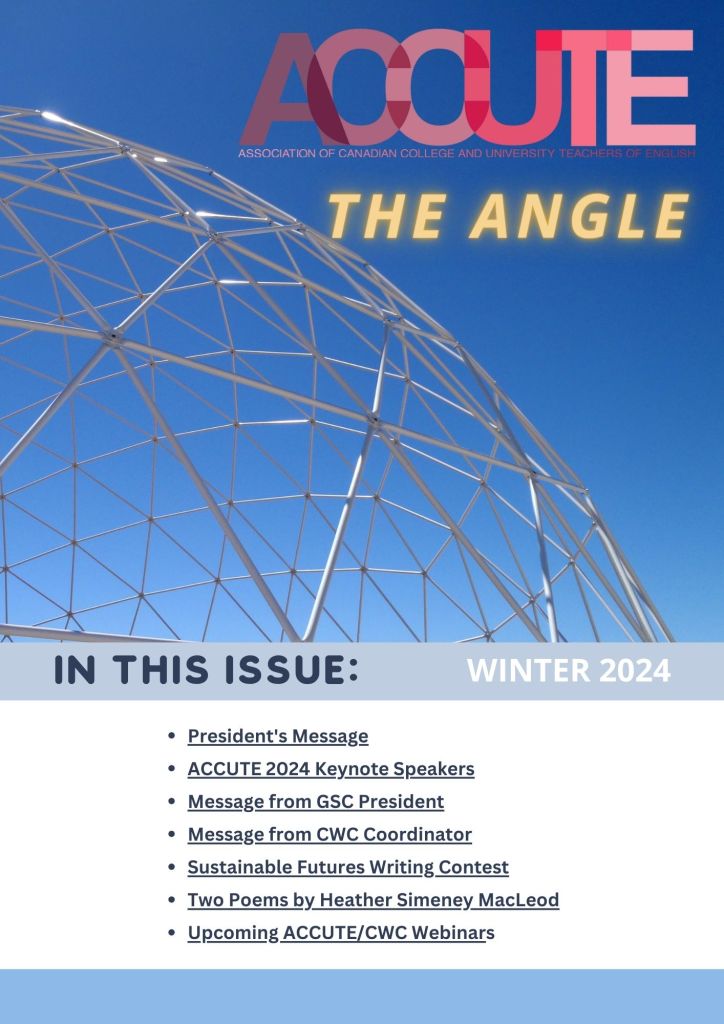University of Toronto Graduate English Conference
Virtual Conference – 22 April 2022 – Zoom Registration to follow
In the conclusion to Complaint! (2021), Sara Ahmed suggests that “even going through an exhausting of processes can have creative potential.” As much as exhaust signals finality, then, it also acquiesces to a sort of futurity and, in Ahmed’s understanding, even hopefulness: what can develop after we have exhausted all possibilities?
As a verb, “to exhaust” signals depletion and overconsumption as well as fatigue and overexertion. We have exhausted, and we are exhausted; threats of environmental and economic scarcity loom, yet we are too sick and tired to react. Exhaustion is both mental and physical, felt psychologically and somatically. From melancholia to hysteria to burnout, exhaustion has consistently been pathologized—though tending to manifestations of exhaustion is a privilege only a lucky few enjoy. In our theorizing and reading, we exhaust all angles through which to explore a text, leaving us listless and bored. As a noun, “exhaust” indicates waste: the debris and refuse (and perhaps even refusal) of not only our natural world but our culture as well. At the same time, though, exhaustion with the status quo leads to political protest and—if Melville’s Bartleby has taught us anything—can become a form of protest in itself. Exhaust reminds us of the vulnerability and fragility of both our world and ourselves, emphasizing the importance of care and compassion.
With an emphasis on the complex relationship between insufficiency and abundance, this year’s University of Toronto Graduate English Association’s online conference seeks papers on exhaust, in all its forms, as content or as methodology. Where are the sites of exhaust throughout literary/cultural history? What might an exhausted reading look like? How does exhaust inspire creativity or resourcefulness?
We invite topics on exhaust(ion) across disciplines. Approaches and topics may include, but are not limited to:
- Ecocriticism and environmental crisis
- Affect theory; trauma theory
- Disability studies; health and medical humanities
- Postcolonialism; extractive economies/societies
- Literary materiality and scarcity; book history and print culture
- Divisions of labour; globalization; Marxism
- Critical race theory; feminist theory; queer theory
- Research creation, creative practice, approaches to pedagogy
- Activist burnout
- This list is not exhaustive!
Submissions are due by January 4th, 2022. Please send abstracts of 250-300 words and a brief bio of 50 words (including your pronouns) to uoftenglishconference2022@gmail.com
Categories: Non ACCUTE CFPs



